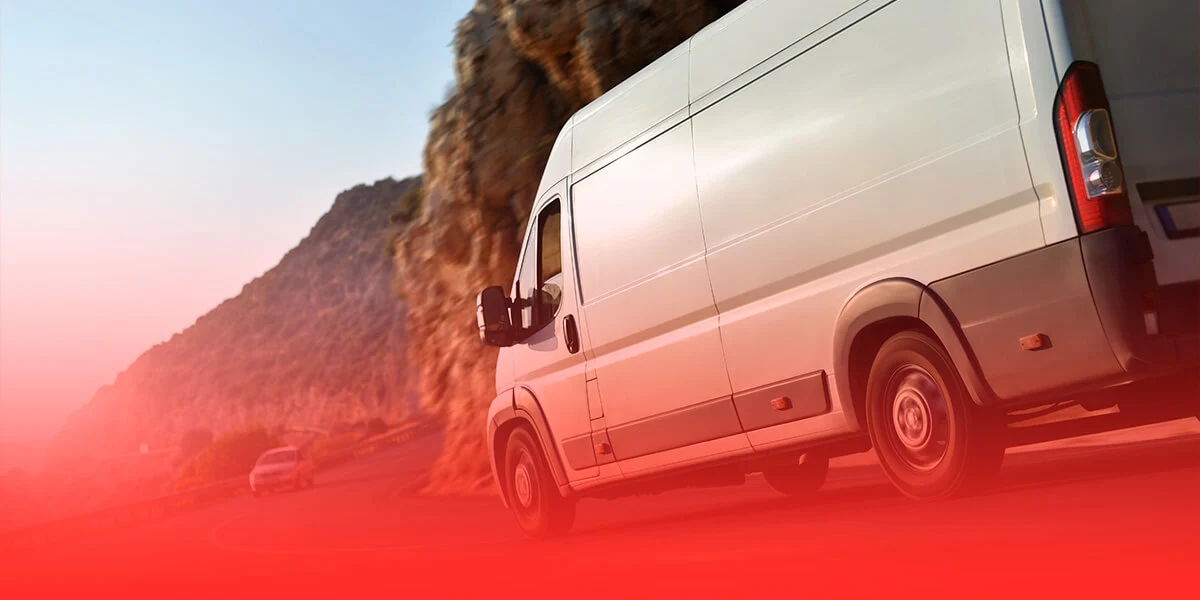Pros and Cons of Leasing vs. Buying a Business Van for Your Business
In the fast-paced world of business, choosing the right vehicle is a crucial decision that can significantly impact your bottom line. When it comes to acquiring a business van, two primary options stand out: leasing and buying.
Pros of Leasing a Business Van
Financial Flexibility: Leasing offers the advantage of lower upfront costs, making it an attractive option for businesses aiming to preserve capital. With predictable monthly payments, budgeting becomes more straightforward, allowing for better financial planning.
Access to Newer Models: Staying ahead in the competitive business landscape often means having access to the latest technology and features. Leasing provides the opportunity to regularly upgrade to newer van models, presenting a professional image for your business.
Cons of Leasing a Business Van
Mileage Restrictions: While leasing offers financial flexibility, it comes with mileage restrictions. Exceeding these limits can result in penalties. Therefore, businesses with high mileage needs may find this restriction limiting.
No Ownership Equity: At the end of the lease term, you won’t own the van. This lack of ownership equity means you won’t have a tangible asset to show for your investment. For businesses with a long-term perspective, this might be a significant drawback.
Pros of Buying a Business Van
Ownership and Equity: Buying a business van allows you to build equity with each payment, and at the end of the loan term, you own the vehicle outright. This ownership can be a valuable asset for your business.
Unlimited Mileage: For businesses with extensive travel requirements, buying a van eliminates the worry of mileage restrictions. You have the freedom to use the vehicle as much as needed without incurring penalties.
Customization: When you buy a van, you have the freedom to modify it according to your business needs. From custom interiors to branded exteriors, the possibilities are endless.
Cons of Buying a Business Van
Higher Initial Costs: The upfront costs of buying a van are generally higher than leasing. This initial investment might pose a challenge for businesses with limited capital.
Depreciation: Vehicles depreciate over time, impacting their resale value. While ownership provides an asset, the depreciation factor should be considered when calculating the overall cost of ownership.
Maintenance Costs: Owning a van means shouldering maintenance and repair costs. While this provides control over the upkeep, businesses need to budget for these additional expenses.
Financial Considerations
When comparing leasing and buying, it’s essential to consider the total cost of ownership over the long term. Factor in maintenance, depreciation, and potential resale value to determine the most cost-effective option for your business. Additionally, explore the tax implications associated with each choice.
Operational Considerations
Assess your business’s specific needs and usage patterns. Consider whether you prioritise predictable costs (leasing) or the flexibility to customise and own the asset (buying). Your decision should align with your business goals and operational requirements. Each option comes with its set of advantages and drawbacks, and the right choice depends on your unique circumstances. Remember, make sure you shop around with comparison sites to help with finding cheap van insurance quotes. By carefully weighing the pros and cons, you can steer your business toward a path of efficiency and success on the open road







